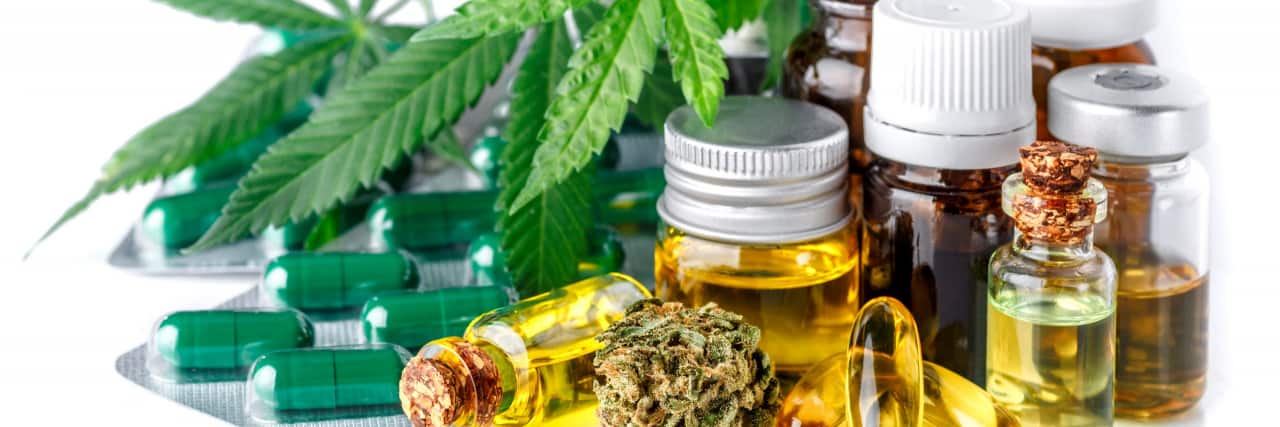Using Marijuana for Migraine Relief: Does It Work?
Editor's Note
Any medical information included is based on a personal experience. For questions or concerns regarding health, please consult a doctor or medical professional.
I have lived with migraine for over half of my life. Needless to say, I have tried my fair share of medications and treatment options, with varying levels of success. Most of the time, the best I can do is find solutions that help provide relief during each migraine phase and hope for the best during weeks when I have major life events going on.
After my recent success with using sex for migraine relief, I decided that I really wanted to try out some other “alternative treatments” for my migraine attacks. So, enter another controversial candidate for migraineurs: marijuana.
Although some studies have looked into how marijuana impacts migraine symptoms and the frequency of migraine attacks, there are still a lot of unknowns as to how marijuana use can help or harm people who live with migraine. For this reason, there are clinical trials in progress to evaluate how marijuana works.
Unfortunately, most of the current clinical trials about migraine and marijuana are location-based, and I don’t live anywhere near an active trial. However, I do live within driving distance of a great dispensary, and I have a partner who is all about experimentation, so I decided to give it a go.
I will say, purchasing marijuana can feel a bit overwhelming at first, especially if you don’t have any background knowledge of it. In fact, I learned that there are actually different “strains” of marijuana, such as sativa and indica. In general, indica is more known for relaxation and pain relief, and many experts will recommend some form of indica for people with migraine. I have also learned that there are different combinations of CBD and THC in many marijuana products, and this can also impact the outcome for users.
Personally, I have tried products with both indica and sativa stains and both seemed to provide at least some relief, especially when taken at the earliest sign of symptoms. For me, the key was the timing and the amount. When I would consume small amounts (between 5 and 10mg), I felt the benefits. I also noticed that using products with fairly equal parts of CBD and THC proved to be beneficial.
Unfortunately, I have experienced some negative side effects as well. For example, I have experienced medication overuse, or rebound, headaches, especially when I consume larger doses. My experience seemed to match up with a study on this connection, which is helpful to know.
Large doses also impact my balance and vision, which can make my migraine symptoms worse. I also have to be careful about lighting, as lighting is a major migraine trigger for me.
I have also learned that marijuana is not helpful with my migraine symptoms if I am already dehydrated before I consume the marijuana. Usually, I become thirsty after any amount of marijuana, but if I am already dehydrated and dealing with migraine symptoms, I quickly become even more ill.
Essentially, I learned that marijuana can help with migraine symptoms, but there are some conditions and limitations. I know that others may have different experiences and that it’s also not safe for everyone out there to try this “alternative” form of treatment. I always recommend discussing options with a doctor or other professional before trying them, and double-checking that you aren’t taking any medications or undergoing any other types of treatment that could create a dangerous situation when you add marijuana to the mix.
I also think it’s important to remember that marijuana is a drug that impacts your mood, concentration, and reflexes. You should only use this treatment option if you are in a safe environment and will have time to fully recover before operating a vehicle or doing anything that requires you to make decisions.
Marijuana may sound like an odd migraine treatment option, but some people find it incredibly helpful. Just make sure you are safe about it and double-check with a professional who is knowledgeable about the medications you take and your entire health history before you sit down to smoke or consume edibles.
Getty image by IURII BUKHTA.

